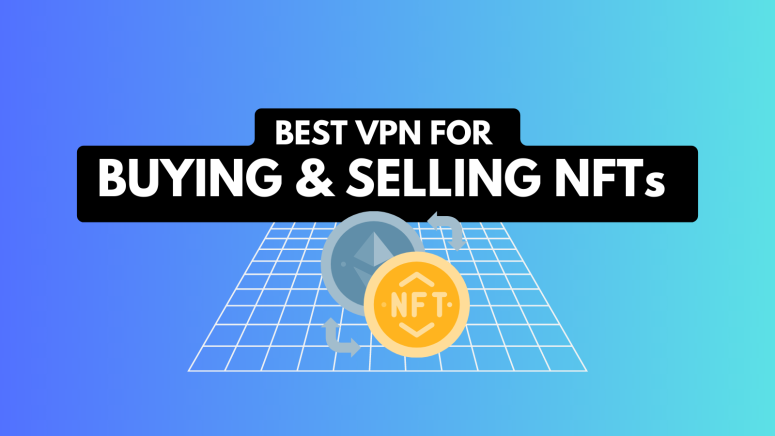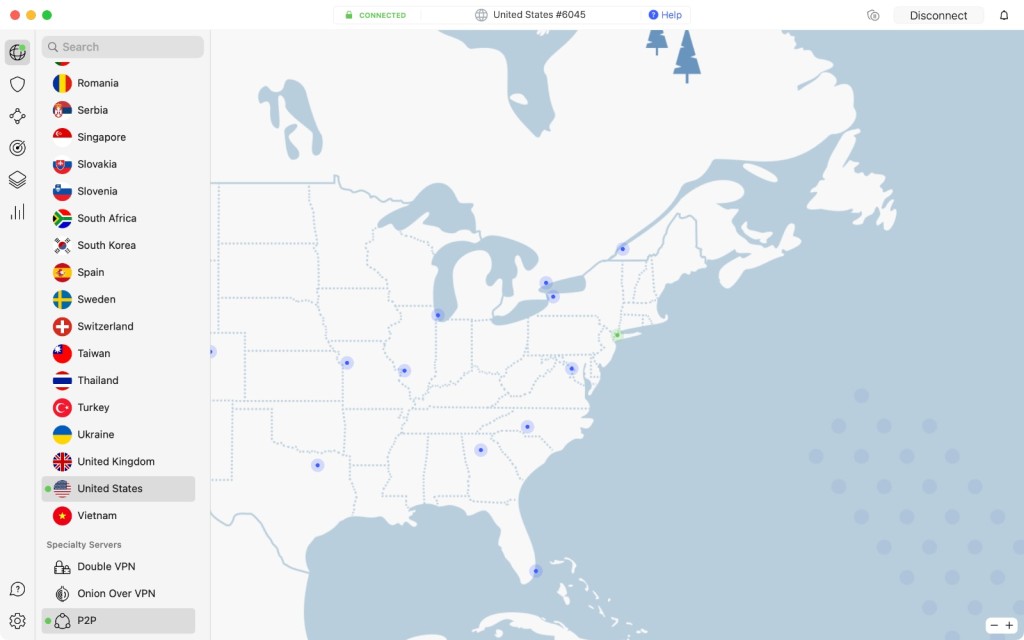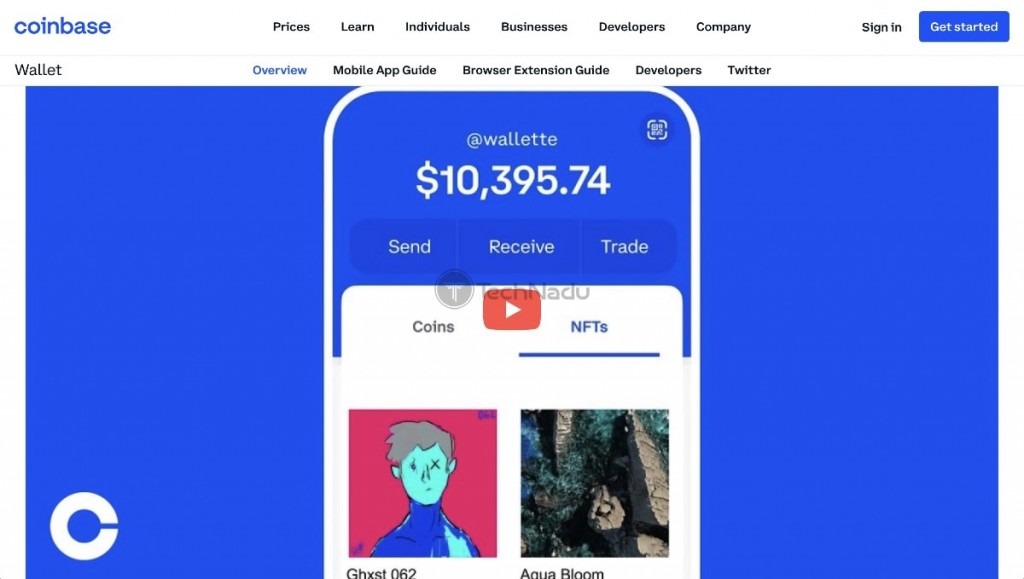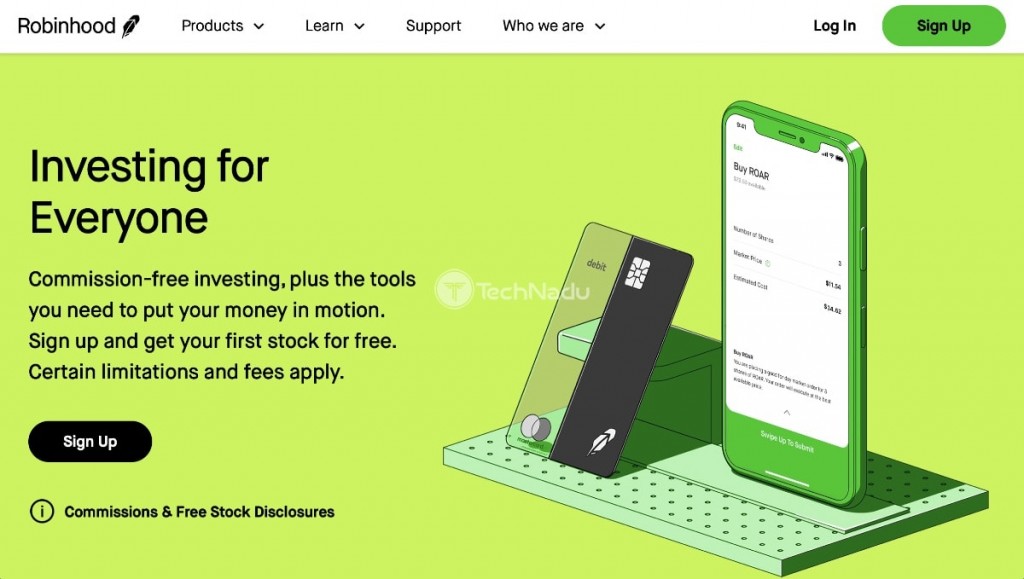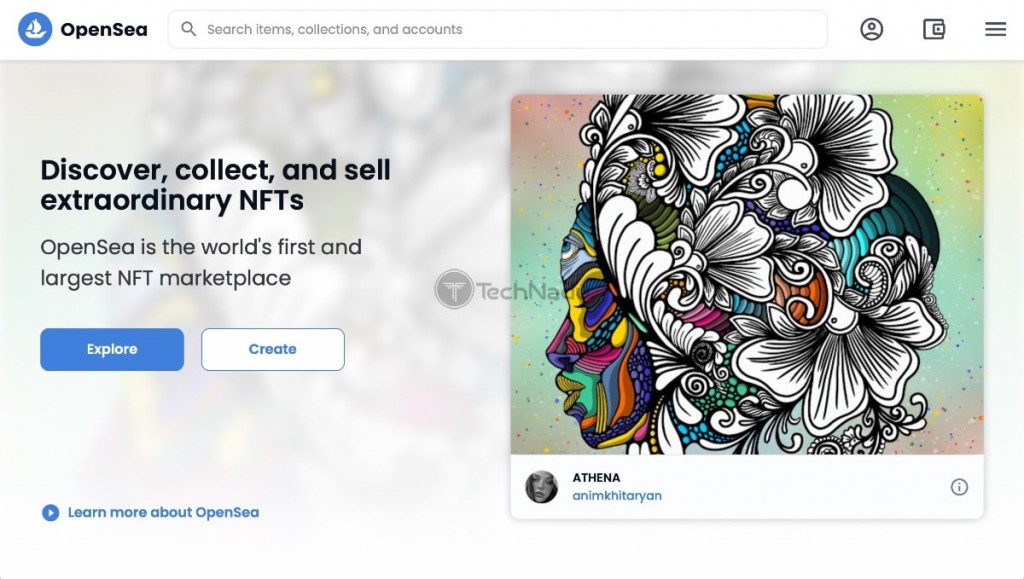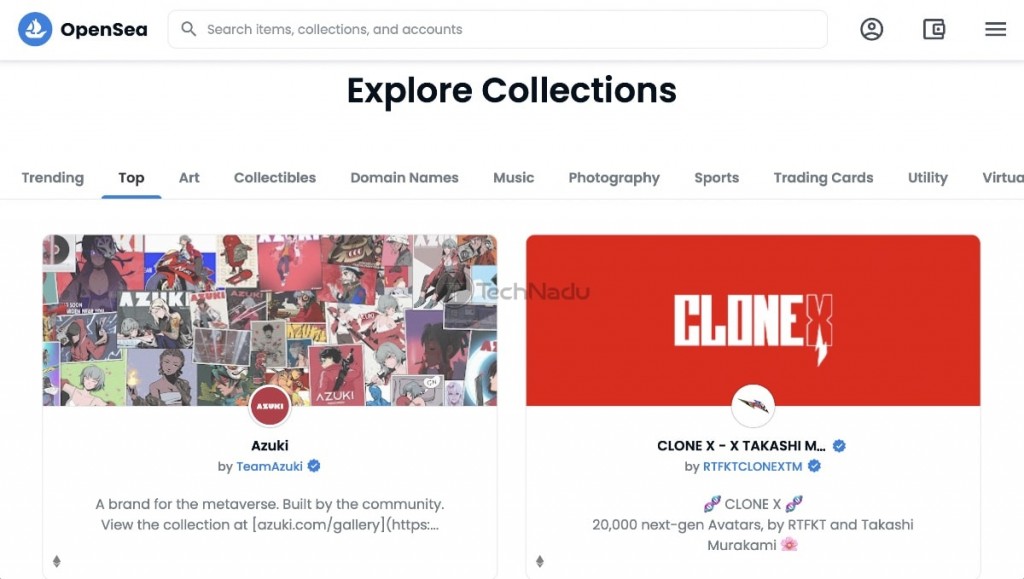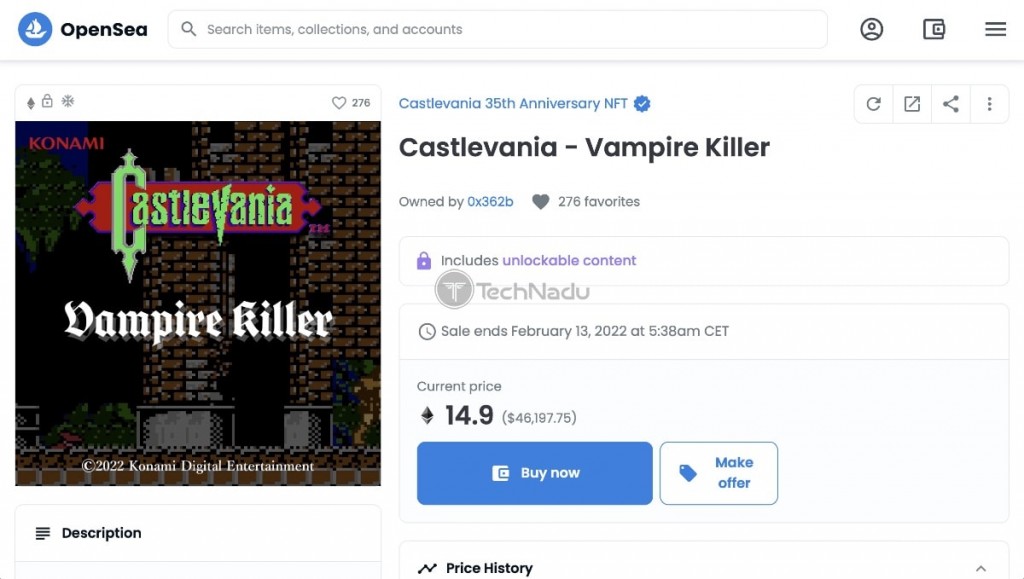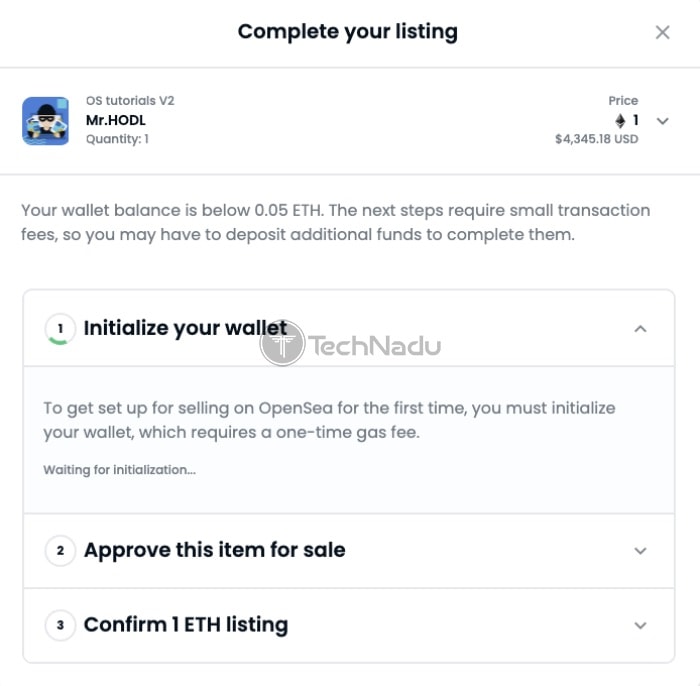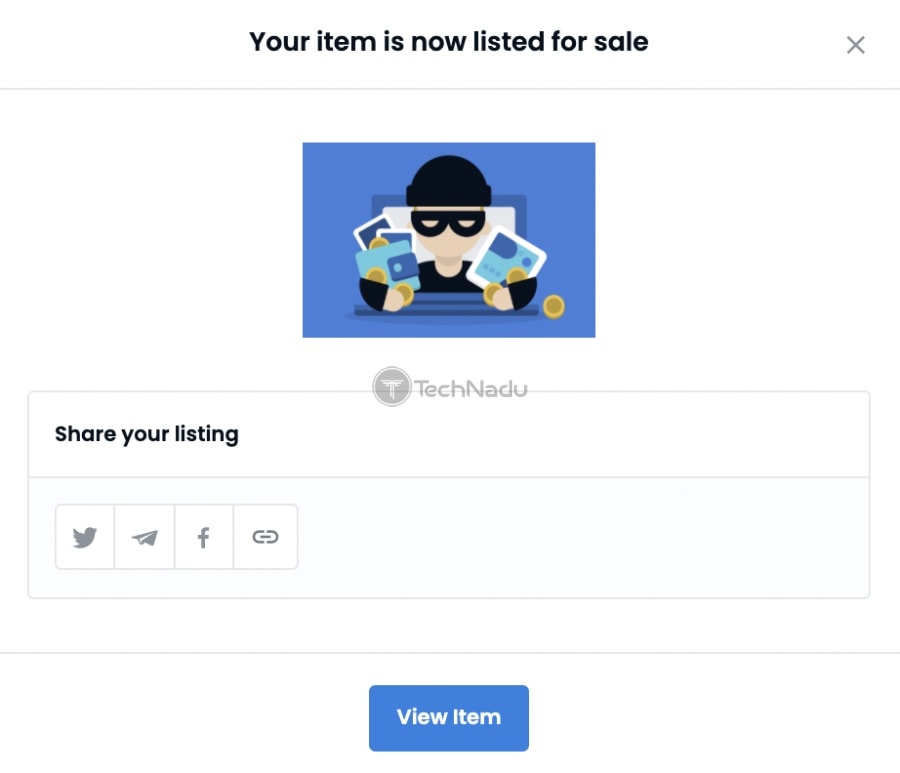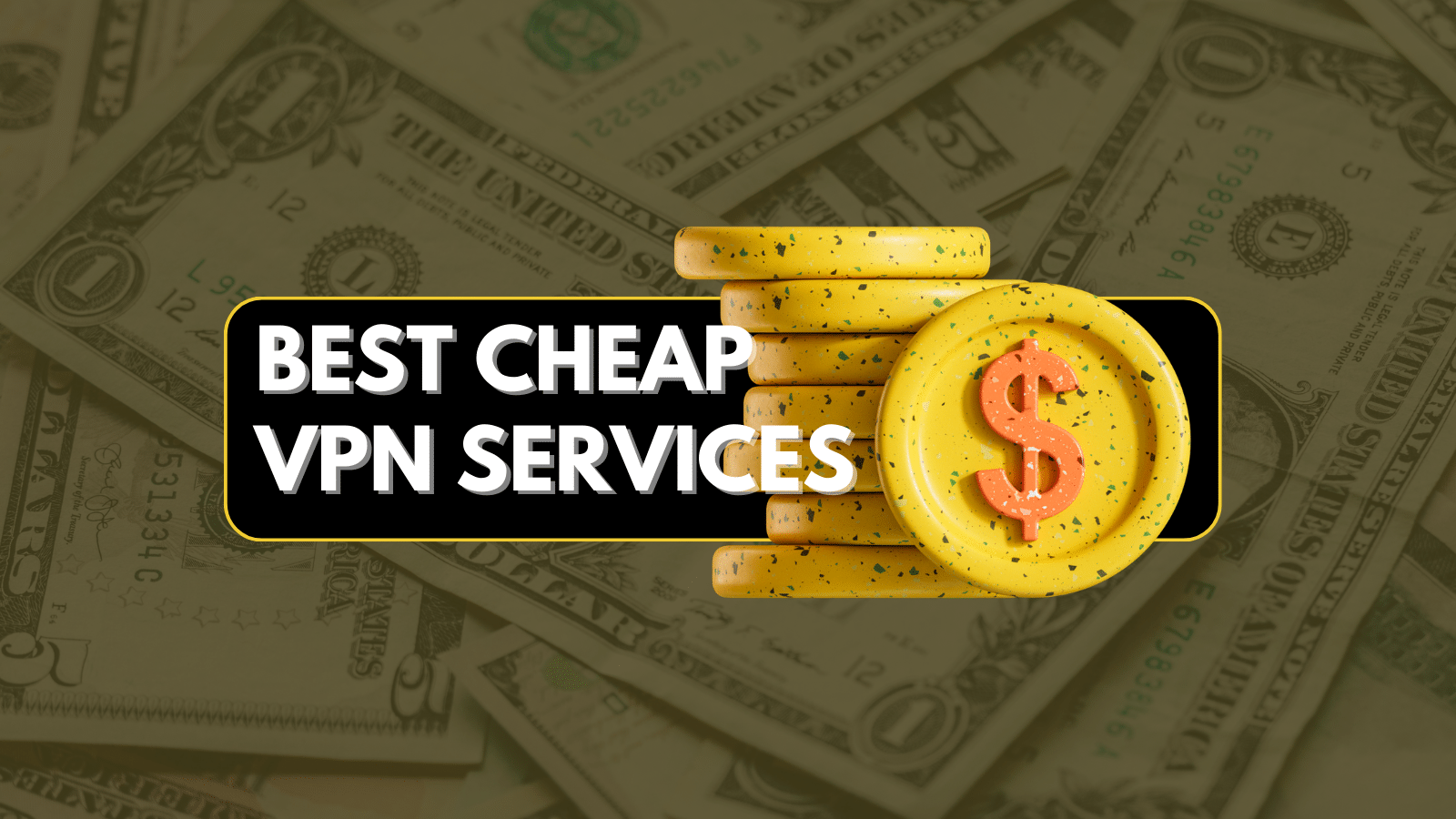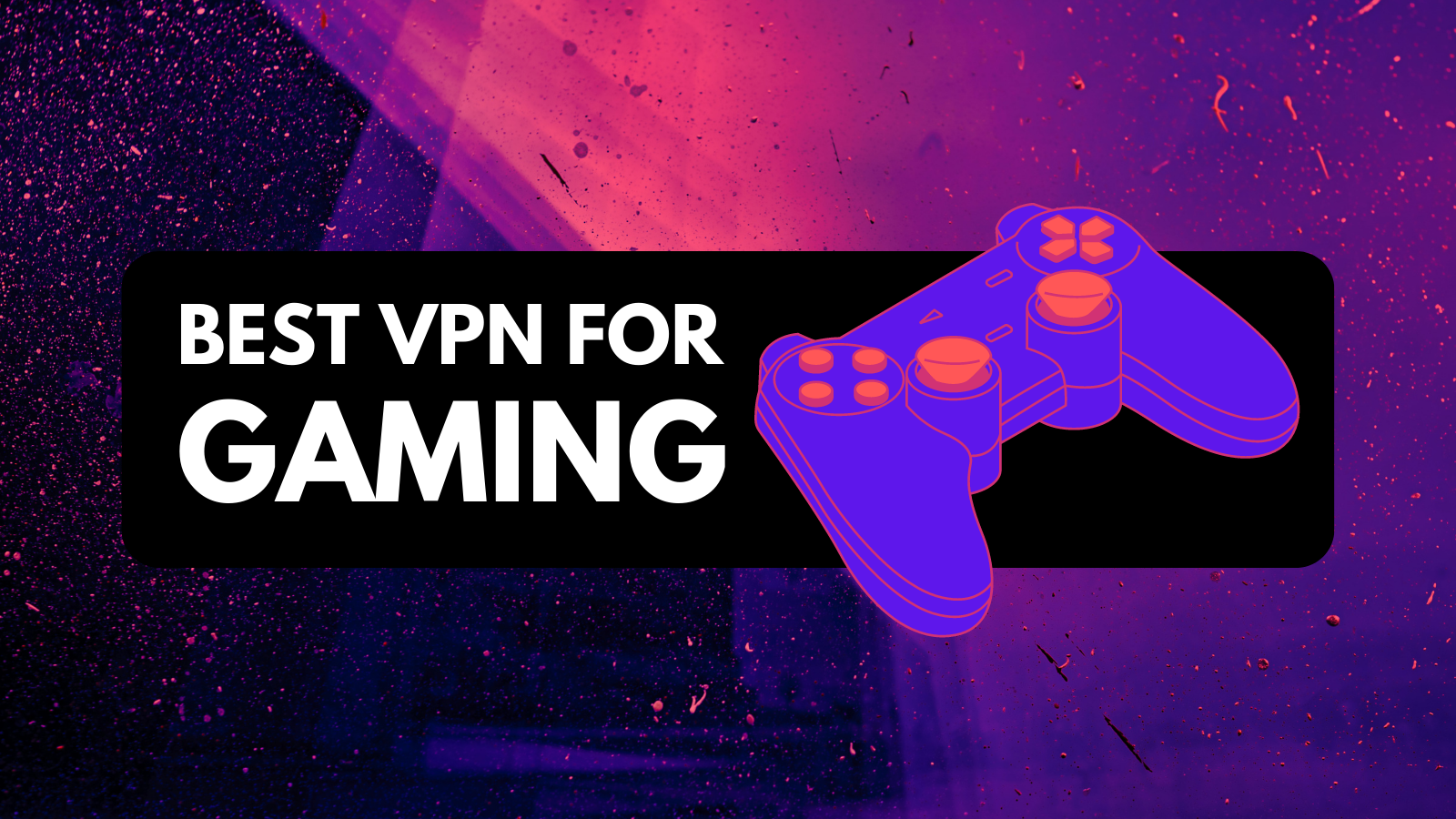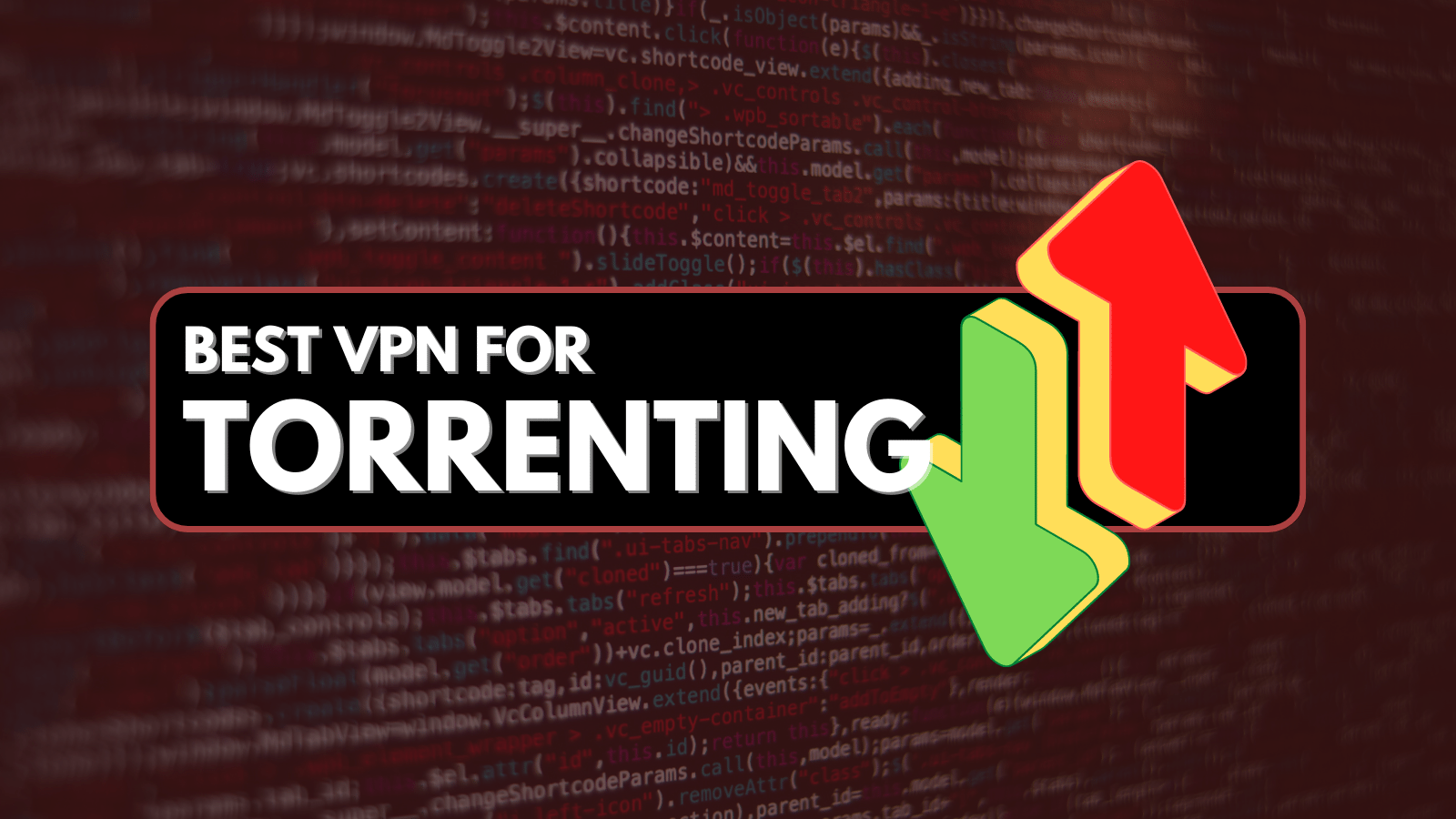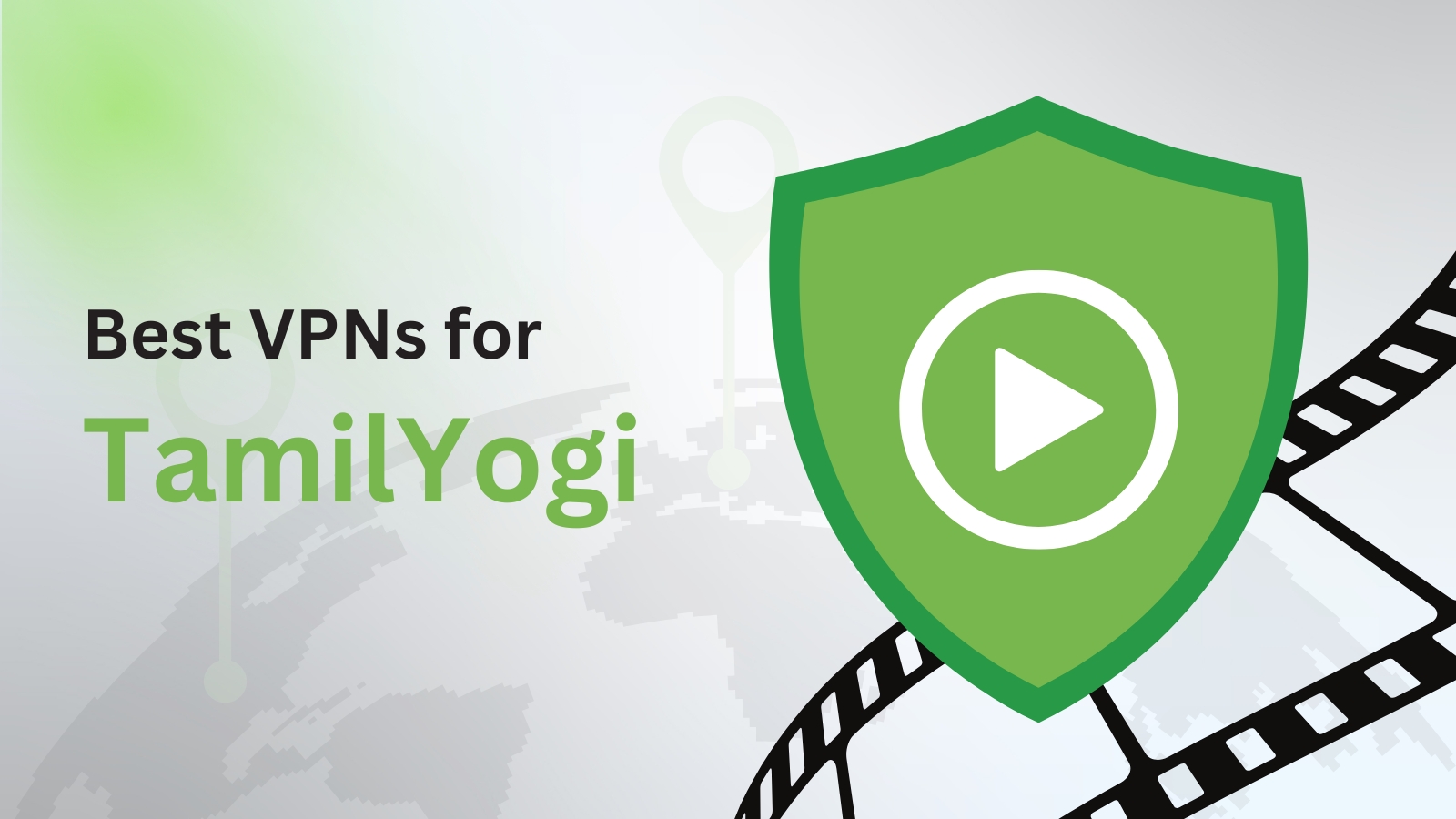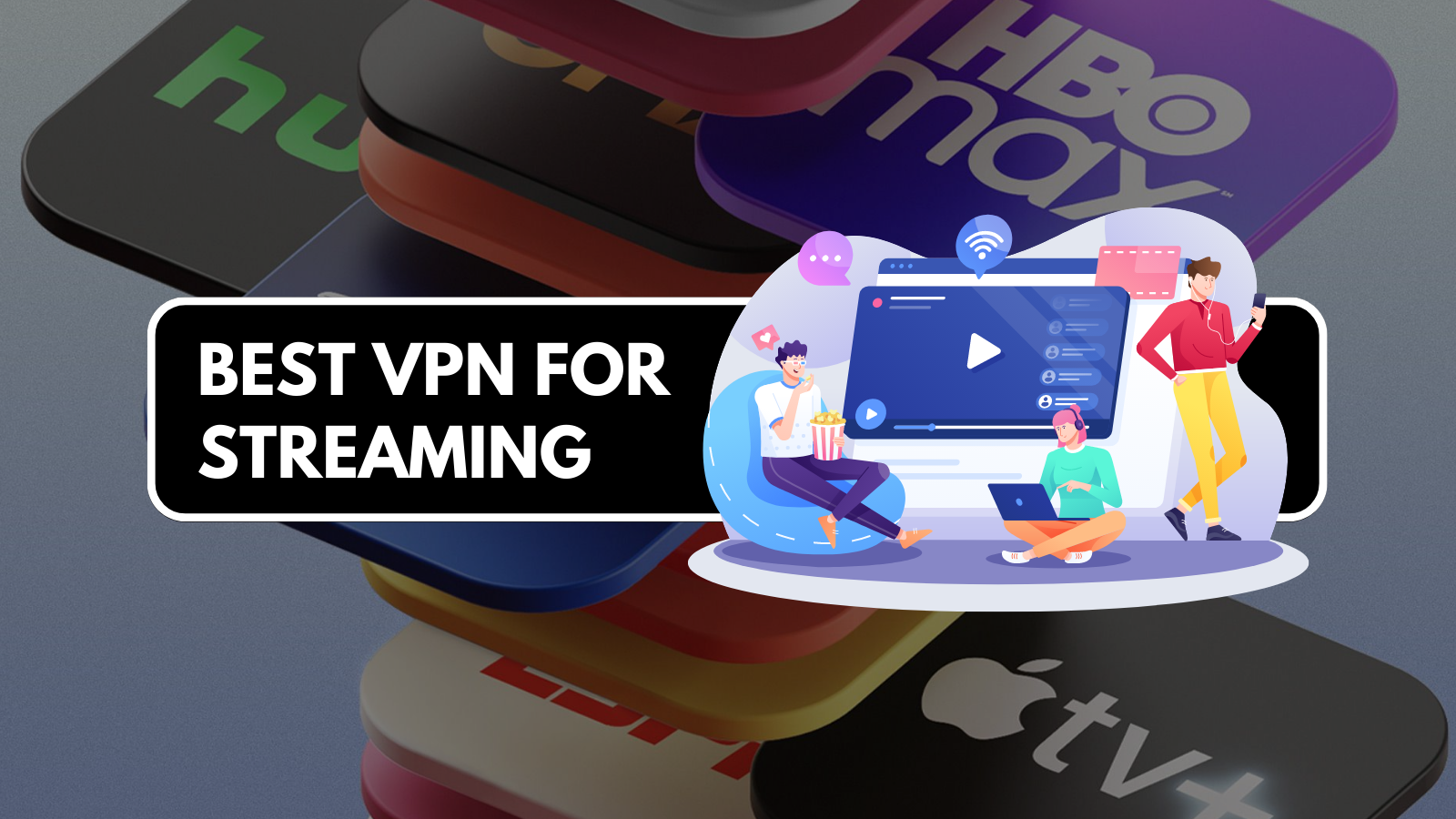When you purchase through links on our site, we may earn an affiliate commission. Here’s how it works.
5 Best NFT VPNs in 2025: How to Buy and Sell NFT Securely with a VPN
Our experts have reviewed 53 VPN providers, which were put through extensive rounds of testing. To learn more about that process, here’s how we review VPNs, where we explain our criteria and our policy of being fully transparent.
NFTs are the next step in modern art, dependent on today's cutting-edge technologies. However, like other aspects of our digital world, NFTs are prone to scams, cryptocurrency hacking, and other malicious actions aimed at taking advantage of your sensitive data.
Also, certain NFT marketplaces have regional restrictions and may limit access to users from specific countries. Another issue that's gaining traction is related to Internet providers, who are throttling those who download and upload a lot of data, including large file transfers often associated with NFTs.
VPN services protect your NFT assets and transactions by encrypting your connection. For that to happen, you really do need a VPN that works with NFT and is powered by high-end privacy-protecting technologies.
Aside from discussing the best NFT VPNs right now, we’ll go over the basics of NFTs and show you how to buy and sell NFT art safely. We'll also explain why you need a powerful VPN and how to choose one before we wrap up with a round of helpful FAQs.
Best VPNs for NFT - Our Shortlist
- NordVPN - Our #1-Rated Best VPN to Buy and Sell NFT
- Surfshark - Best NFT VPN with Servers Across the World
- ExpressVPN - User-Friendly VPN with Obfuscated Network
- CyberGhost VPN - Easy-to-Use VPN with Dedicated IPs
- PIA - Advanced VPN with High-End Privacy Protection
How To Buy and Sell NFT Art Safely with a VPN
All your NFT-related activities must be performed while you're connected to a VPN server to safely buy and sell NFT art. That's how you'll encrypt your incoming and outgoing data, ensuring your digital privacy. Below, we'll expand on how to buy and sell NFTs safely.
How to Buy NFT Art with a VPN
You need to connect to a VPN server to hide your sensitive information while buying NFT art. Then, access an NFT marketplace, where you can buy an item using your crypto funds. Do the following:
1. Sign up for a VPN that works with NFT (we recommend NordVPN).
2. Set up your VPN on the device(s) you’ll use to access your crypto wallet.
3. Launch the VPN and connect to a secure VPN server.
4. Create a digital wallet using (for example) Coinbase Wallet or Metamask.
5. You’ll need to add funds (Ether) to your newly created digital crypto wallet. So, to obtain funds, use a reputable cryptocurrency exchange like Coinbase or Robinhood.
6. Pick a crypto exchange, create an account, place your order, and make your payment. Make sure to enter your wallet’s address to get your newly acquired Ether.
7. If you’ve acquired Ether, you need to find an Ethereum-based NFT marketplace. Use a trustworthy NFT marketplace, such as OpenSea, and open it in your browser.
8. Click on "Explore" and pick the type of NFT art you’re looking to acquire.
9. If you’d like to buy the NFT immediately (without bidding), click on "Buy Now." If you’d like to place your bid, click on "Make Offer."
10. Remember that you’ll need to pay for the chosen NFT, including a "gas fee." Based on how you decide to proceed, follow the instructions of your chosen marketplace.
11. Once you buy the NFT, you can add it to your wallet.
We made sure to give you a general guide on how to buy NFT art, giving you some room to choose the marketplace you're comfortable using. Remember that NFT marketplaces are based on individual types of blockchains, meaning they support specific cryptocurrencies.
For example, let’s take OpenSea. This is the world’s most popular NFT marketplace, currently supporting the following blockchains: Ethereum, Polygon, Klaytn, Arbitrum, Optimism, Avalanche, Zora Network, and Base.
Ethereum is the most popular type of NFT-supported blockchain right now, but it comes with gas fees (extra fees you’ll need to pay per transaction – when buying and selling NFTs). Polygon is a popular alternative without any gas fees while supporting cryptocurrencies like ETH, USDC, and DAI.
How to Sell (Mint) NFT Art with a VPN
Ensure you're connected to a VPN server while minting to sell your NFT art safely. Also, ensure that your access to your chosen marketplace is encrypted as well, in the following way:
1. Sign up for a VPN suitable for NFTs (we recommend NordVPN).
2. Install the VPN on any device you’ll use for your digital wallet.
3. Launch the VPN and connect to any server to secure your connection.
4. Pick an NFT marketplace you’d like to use (the most popular option is OpenSea). Make sure to check which blockchain (cryptocurrency) your chosen marketplace uses.
5. Create your crypto wallet (Coinbase Wallet) based on your chosen marketplace.
6. Add funds to your crypto wallet (if you need funds to mint your NFT) via Coinbase.
7. Return to your chosen marketplace. Create a new account if you don't have one.
8. Your marketplace will offer a tutorial on creating an NFT.
9. Once you upload your file, set a price for your NFT and mint your art.
10. When you sell your NFT, feel free to transfer your funds to your wallet. That’s it!
We decided to give you a general guide on selling your NFTs while also giving you some options for selling your art. However, note that NFT marketplaces support only specific blockchains.
In general, the most popular blockchain platform for NFTs is Ethereum. If you decide to go with that one, you can use Coinbase Wallet for your wallet and OpenSea for your marketplace. Aside from that blockchain platform, marketplaces can also support Binance, Litecoin, EOS, Tron, Cosmos, Polkadot, Tezos, and plenty more.
And when it comes to associated costs, creators typically need to pay a one-time registration fee. You might also need to pay a "gas fee" when minting your NFT, but that depends on your chosen blockchain platform.
The Best NFT VPNs in 2025
Your search for a VPN should be based on specific evaluation criteria. The biggest emphasis should be on the ability to unblock NFT sites and apps, giving you unrestricted access to any marketplace. To make that possible, your VPN needs to offer as many servers as possible, especially in the US, where the world's most popular NFT marketplaces freely operate.
Next, you'll want strong VPN protocols, reliable data encryption, as well as a no-logs policy. Also, look for obfuscated servers to increase your chances of unblocking NFT sites. A kill switch is also needed, which is how you'll prevent data leaks. Let's not forget that your chosen VPN should offer fast speeds and reliable performance.
Think about the devices you'll use to trade NFTs and ensure your VPN supports your devices via native software. Related to that, you'll need a sufficient number of simultaneous connections as well. Also, ensure there's plenty of value and good pricing, generous money-back guarantees, as well as 24/7 live chat customer support. For more on these criteria, see our guide to the best VPNs for crypto.
1. NordVPN – Our #1-Rated Best VPN to Buy and Sell NFT
NordVPN is the best VPN to buy and sell NFT, offering a whole range of advanced techniques to keep your data safe. It gives you unrestricted access to any NFT marketplace from anywhere in the world, giving you access to 7,400+ servers in 118 countries, with close to 1,970+ servers in 19 US cities.
Most importantly, NordVPN is capable of creating an ultra-safe VPN tunnel. By default, it uses NordLynx, which is the VPN’s own spin on the WireGuard protocol. It’s lightweight, doesn’t need a lot of resources to run, and works great on any Web connection. However, you can choose between NordLynx, NordWhisper, IKEv2/IPsec, and OpenVPN, all of which are very secure and safe.
No matter which protocol you pick, you'll get AES-256-GCM and ChaCha20 encryption methods. You'll also get an audited no-logs policy, a kill switch, and also know that some NordVPN servers are obfuscated. Aside from that, NordVPN is among the fastest VPN providers right now. No matter if you connect to nearby or remote servers, this VPN will ensure ultra-fast, smooth performance.
With NordVPN, you get 10 simultaneous connections, as well as apps for any device imaginable. In terms of customer support, expect 24/7 live chat support. There is also a 30-day money-back guarantee, which is more than enough time you'll need to test everything. Lastly, it costs only $3.39 per month if you pick its subscription for 24 months.
PROS
- Unblocks any NFT marketplace.
- Audited no-logs policy.
- Works on any device out there.
- Specialized servers on offer.
- 24/7 live chat support.
- 30-day money-back guarantee.
CONS
- Not all servers are obfuscated.
2. Surfshark – Best NFT VPN with Servers Across the World
Surfshark is a great VPN if you're looking for a provider that covers the entire world. With this VPN, you can unblock any NFT site/app, as you'll gain access to 3,200+ servers in 100 countries. Out of those, around 600+ are in the US, across 22 cities.
This VPN is powered by WireGuard, IKEv2, and OpenVPN protocols, which are paired with AES-256-GCM and ChaCha20 encryption. In simpler terms, you can rest assured that your data will be safe whether you plan to buy NFT or sell them.
Also, there's an audited no-logs policy, which means that even Surfshark won't know what you do online. This VPN's kill switch will ensure that no data leaks happen, even if your VPN connection drops.
We'll also add that Surfshark brings obfuscation through a special "NoBorders" mode. That means you can use obfuscation only when needed, which seems handy. No matter if you use obfuscation or not, expect to see fast speeds. Surfshark can take a while to connect, but it also has smooth performance without any fluctuations in download and upload speeds.
Let's not forget to say that you'll get unlimited simultaneous connections, as well as apps for computers, phones, tablets, routers, and more. There's also 24/7 live chat support coupled with a 30-day money-back guarantee, showing that Surfshark has nothing to hide. Lastly, all those features come at a low price of $2.19 per month for 24 months.
PROS
- Works with any NFT site/app.
- Incredibly easy to use.
- High-end protocols.
- No data logging whatsoever.
- 24/7 live chat support.
- 30-day money-back guarantee.
CONS
- Can take a while to connect.
3. ExpressVPN – User-Friendly VPN with Obfuscated Network
ExpressVPN is a stellar VPN provider that gives you access to practically any NFT art platform. This VPN is known for its content-unblocking capabilities, which are the result of a comprehensive set of features. Of course, the basics are also there. Speaking of which, this VPN provides an undisclosed number of servers in 105 countries. It covers the US with servers in 24 locations.
When it comes to its privacy- and security-related features, you won't be disappointed. You can count on protocols like OpenVPN, Lightway, and IKEv2. Those are paired with AES-256 and ChaCha20/Poly1305 encryption, and there's also a kill switch, split tunneling, an ad-blocker, and more. Plus, this is a no-logs VPN provider with numerous audits under its belt.
What's unique about ExpressVPN is that it comes with obfuscation that's enabled by default. All its servers are obfuscated, which is why it can bypass geo-blocks so easily. It also offers ultra-fast performance, especially when connecting to nearby servers. Aside from that, you get 8 simultaneous connections, so you can protect a bunch of Web-connected devices at once.
ExpressVPN offers native software for Windows, macOS, Linux, Android, iOS, and plenty more. It also offers multiple customer support channels, with 24/7 live chat on board as well. No matter which plan you pick, your purchase will be covered by a 30-day money-back guarantee. Lastly, you can get started with ExpressVPN for $4.99 per month if you pick its plan for 24 months.
PROS
- Works for unblocking NFT sites.
- Incredibly secure VPN service.
- Available on any platform.
- 24/7 live chat support.
- 30-day money-back guarantee.
CONS
- No in-depth customization.
4. CyberGhost VPN – Easy-to-Use VPN with Dedicated IPs
CyberGhost is a budget-friendly VPN service that comes with plenty of interesting features. When it comes to unblocking online content, this VPN can bypass various types of geo-blocks imposed by NFT sites. It comes with an undisclosed number of servers in 100 countries, including servers 11 US cities.
This VPN uses industry-standard protocols like OpenVPN, IKEv2, and WireGuard, and it pairs them with AES-256-GCM and ChaCha20 encryption. There's also a kill switch, which comes enabled by default and works entirely in the background, ensuring no data leaks happen. You'll be also happy to know that CyberGhost is an audited no-logs VPN provider.
The biggest downside to using CyberGhost is that you won't get obfuscation. So, if you're in a country with heavy digital censorship, look for another option. Also, this VPN can provide medium speeds, which means that it's not the fastest option around. As such, it can still be a great pick, but only if you have a relatively fast baseline connection.
CyberGhost VPN supports 7 simultaneous connections and offers applications for a wide range of devices and platforms. It also offers 24/7 live chat support and a 45-day money-back guarantee for long-term plans. Speaking of its plans, CyberGhost's plan lasting 24 months is only $2.19 per month.
PROS
- Unblocks many NFT sites/apps.
- Large server fleet.
- High-end data security.
- 24/7 live chat support.
- 45-day money-back guarantee.
CONS
- Missing obfuscation.
5. PIA – Advanced VPN with High-End Privacy Protection
Private Internet Access is a US-based VPN provider that offers an undisclosed number of servers in 91 countries. What's interesting about PIA is that it has servers in all 50 US states. That said, it's not surprising that it gives you access to any US-based NFT platform as well as international sites/apps.
PIA uses protocols like WireGuard, OpenVPN, and IPsec (IKEv2). It pairs those with AES-128-GCM, AES-256-GCM, AES-128-CBC, AES-256-CBC, and ChaCha20 encryption. In fact, you can choose from several levels of encryption, which is a rare-to-see feature. You'll also find several types of kill switches, split tunneling, and an ad-blocker, and it's all powered by PIA's no-logs policy, which has been proven true in court on more than one occasion.
If you need a bit of extra power, know that PIA uses obfuscation, which you can enable when needed. However, as a result of its high-end features, PIA requires some optimization and is recommended for more advanced users. It brings medium speeds unless optimized.
With PIA, you get unlimited simultaneous connections, as well as a huge list of apps for any device. You also get access to 24/7 live chat support. Also, you'll only need to pay $2.19 per month for 24 months. Lastly, know that your purchase of this VPN will be backed by a 30-day money-back guarantee.
PROS
- Unblocks NFT sites securely.
- Extensive server fleet.
- Ultra-secure protocols and encryption.
- 24/7-available customer support.
- 30-day money-back guarantee.
CONS
- Needs fine-tuning for optimal speed.
- Not beginner-friendly.
Best NFT VPNs: Compared
Why Do You Need a VPN for Buying and Selling NFTs?
Using a VPN is necessary to gain access to more platforms when buying or selling NFTs, to secure your privacy, and to protect yourself against data theft. Here's more information:
- Unblock NFT Marketplaces from Anywhere: Cryptocurrencies are still unregulated in many countries around the world. As a precautionary measure, crypto wallets and NFT marketplaces aren't accessible everywhere. So, for example, the best VPN for OpenSea will give you access to that platform from anywhere and also unblock extra NFT sites/apps.
- Protect Yourself Against Data Theft: When interacting with NFT marketplaces and digital crypto wallets, those websites and/or apps log your sensitive data. For example, your IP address can point to your exact location. If you value your privacy and want to sell NFT anonymously, using a VPN helps you obfuscate your sensitive data.
- Protect Your Financial Transactions: The point of crypto transactions is in their anonymity. Still, that doesn’t mean that malicious actors won’t track your wallet ID, trying to target accounts that hold a lot of funds. Aside from doing your best to anonymize your transactions, a VPN will also help you encrypt (obfuscate) your transactions.
- Use Your Home NFT Platforms While Traveling: When traveling, you'll likely face geo-blocks that prevent you from accessing your favorite sites and apps, including NFT marketplaces. In those cases, all you need is a VPN with a server from back home to open up the Web.
- Do Crypto Trading on Public Wi-Fi: Did you know that public Wi-Fi networks are mostly designed to collect your contact information and your Web browsing history? So, trading NFTs on public Wi-Fi is not recommended unless you encrypt your data with a powerful VPN.
- Bypass Bandwidth Throttling: ISPs often throttle those who download and upload a lot of data, which often happens when using crypto and NFT platforms. To take full advantage of your Web connection, we recommend using a VPN that can bypass bandwidth throttling.
- Hide Your Browsing Activity: Your Internet provider can see everything you do online, which means that your ISP knows about your NFT-related activities. If you wish to sell NFT art or buy NFT items in complete privacy, a VPN is needed to obfuscate your Internet traffic.
- Hide Your IP Address: NFT platforms impose geo-blocks based on IP addresses, and they are also used by Internet trackers to follow you on the Web. A VPN puts an end to that by using encryption and obfuscation, as well as other technologies that prevent trackers from working.
How to Choose the Best NFT VPN?
To choose the best VPN for NFT, you need to find one with strong content-unblocking features, fast performance, and plenty of servers. Let's go over the details.
- Ability to Unblock NFT Apps/Sites: The most important thing is to be able to unblock online content so that you can buy NFTs or sell NFT items without issues. The best VPN should give you full and unrestricted access to any marketplace of your choice.
- Server Network Size: Your chosen VPN should offer a sizable network to unblock marketplaces while providing fast performance. Make sure it covers the home country of your favorite NFT sites, as that's how you'll unblock them.
- No-Logs Policy: There's no need to allow anyone to see that you trade NFTs, not even your VPN provider. That's why a no-logs policy is important, as it prevents your VPN from collecting your sensitive information or even anonymized data.
- VPN Protocols and Encryption: We recommend picking a VPN powered by OpenVPN or WireGuard, which are the strongest protocols currently. They need to be paired with AES-256 or ChaCha20, capable of creating highly secure VPN tunnels for your data.
- Obfuscated Servers: Obfuscation is useful if you're in a country with heavy censorship, as it allows you to use smaller data packets. Those packets can evade anti-VPN systems, meaning you will be able to unblock even those difficult-to-access marketplaces.
- Kill Switch: A kill switch prevents your data from leaking if something unexpected happens. Keep in mind that without a kill switch, even a single-second leak can fully expose your data online, including your original IP address.
- Performance and Speed: It's true that a VPN will slow you down a bit. However, the best VPNs will slow you down by only 10-15%. So, it's important to do your research and pick a VPN known for its speed and performance. Otherwise, you could end up with a slow connection.
- Simultaneous Connections and Supported Devices: Think about how many devices you want to cover with your VPN and then get one with a sufficient number of simultaneous connections. Also, ensure that your VPN offers native software across the board.
- Pricing: There's no need to overpay for a VPN. Even the most reputable providers offer steep discounts on long-term plans. So, make sure to check how much you'll save and then invest in a long-term subscription.
- Money-Back Guarantees: Today's VPNs typically offer 30-day money-back guarantees, which is more than plenty of time to test how they work. Remember that you'll reserve your right to change your mind, allowing you to ask for a refund without any explanation.
- Customer Support: You'll be happy to have access to 24/7 live chat support, which is always the fastest way to resolve any issue. There should also be plenty of installation guides, tutorials, and other support resources for when you need them.
What Is an NFT?
By definition, an NFT is a piece of data stored on a blockchain, which can be used as a digital ledger. That’s how NFTs can be sold and traded.
That sounds confusing, right? Well, in simpler terms, we can say that NFTs can be any piece of data. However, they work best for visual data types (at least for now). That's why NFTs are typically images and animations, which have their sole owner.
In a way, NFTs are very similar to paintings found in private collections around the world. Those paintings are unique. There’s only a single owner of a single painting. So, if that painting was acquired via legal means, its previous owners are known. The same principle applies to NFTs.
What Does NFT Stand For?
NFT stands for "Non-Fungible Token." In other words, NFTs are non-replaceable and unique types of tokens (data).
The word token is used here in a broad yet specific sense. NFTs aren't a single type of data. They can be anything their creator can think of – an image, video, audio, text-based content, or even a single sound.
How Do NFTs Work?
NFTs work by relying on a specific type of blockchain. They are part of a certain blockchain, which is how their ownership can be easily reviewed.
In general, most NFTs are part of the Ethereum blockchain. You've probably heard of Ethereum or Ether in the past, so you know that we're talking about a cryptocurrency here. Unlike other cryptocurrencies, Ethereum's blockchain saves additional types of data, making NFTs possible.
Once an NFT is minted, it becomes digitally signed by its creator. In other words, that NFT becomes owned by a specific individual. That individual can later sell their NFT, transferring the rights along the way. Ethereum's blockchain saves all those changes, which is what makes NFTs unique and one-of-a-kind.
What Kind of NFTs Are There?
Pretty much anything can be an NFT – as long as its data can be digitally signed in some form. However, right now, NFTs are typically associated with works of art.
With that said, NFTs are most often images, animations, videos, illustrations, audio files, and similar. Interestingly enough, perhaps the most successful NFT artist right now is Beeple (Mike Winkelmann), who managed to sell his NFT collage of images for $69 million.
Final Thoughts
Despite their popularity, NFT marketplaces are often available in select countries only. On top of that, they're often targeted by cybercriminals. You'll also face obstacles imposed by your ISP, which might throttle your traffic if you download/upload a lot of data.
However, a solution exists. A powerful NFT VPN can solve all these problems, unblocking any platform, keeping cybercriminals at bay, and even bypassing throttling. It does this by hiding your IP address and replacing your location with that of the VPN server.
There isn't a VPN we recommend more than NordVPN because it comes with an army of powerful servers, allowing you to trade NFTs securely without anyone seeing what you do online. It also uses high-end encryption, keeps you protected from data theft, and allows you to unblock any NFT platform. In other words, it checks all the right boxes and then some, making it the best VPN to buy and sell NFTs.
The other VPNs we covered won't steer you wrong, either. Surfshark is great if you have a lot of devices to protect, thanks to its unlimited simultaneous connections. ExpressVPN is blazing-fast and highly secure. If you are on a tight budget, CyberGhost is your friend. Last but not least, PIA has a massive network with servers in all 50 US states, which is great for NFTs and crypto.
That would be all when it comes to the best VPN for buying and selling NFTs. If you have any questions, use the comments section below. Thank you for reading!


